
Latest News
 Stevens, Newport baseball split high-scoring games
Stevens, Newport baseball split high-scoring games
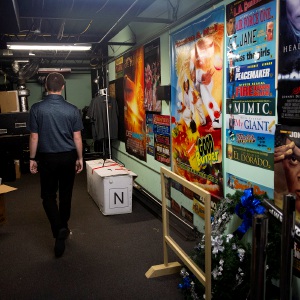 Claremont movie theater to close at end of May
Claremont movie theater to close at end of May
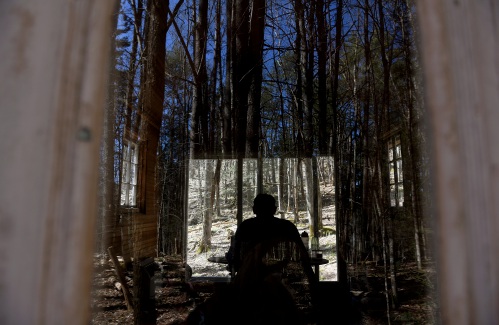
Norwich author and educator sees schools as a reflection of communities
By his own account, Ken Cadow was a reluctant student.His father had been a teacher, but went to work at IBM to earn enough to raise a family. Cadow grew up mostly in Rhode Island.“I learned a lot of stuff with my dad in the shop,” Cadow said in a...

Kenyon: Dartmouth shows it has no patience for peaceful protest
Under the cover of darkness, 20 New Hampshire State Police storm troopers in full riot gear marched in a single row across the Dartmouth Green, where hundreds of pro-Palestinian protesters were peacefully chanting their opposition to the war in Gaza...
Most Read
 Dartmouth moves swiftly to stymie demonstration, leads to 90 arrests
Dartmouth moves swiftly to stymie demonstration, leads to 90 arrests
 Claremont movie theater to close at end of May
Claremont movie theater to close at end of May
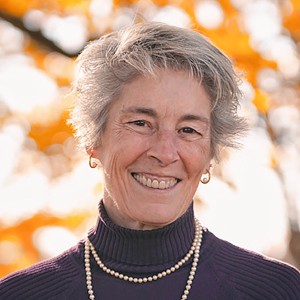 Colby-Sawyer names interim president
Colby-Sawyer names interim president
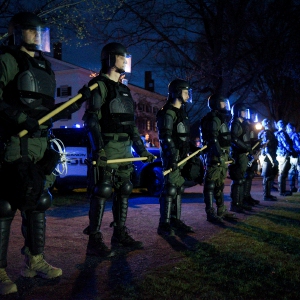 Kenyon: Dartmouth shows it has no patience for peaceful protest
Kenyon: Dartmouth shows it has no patience for peaceful protest
 Lebanon High senior comes to the aid of driver with health problem
Lebanon High senior comes to the aid of driver with health problem
Editors Picks
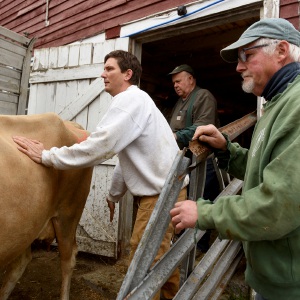 Herd departs Hartford’s last remaining dairy farm
Herd departs Hartford’s last remaining dairy farm
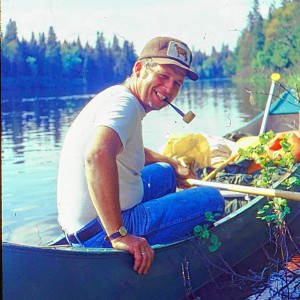 A Life: Richard Fabrizio ‘was not getting rich but was doing something that made him happy’
A Life: Richard Fabrizio ‘was not getting rich but was doing something that made him happy’
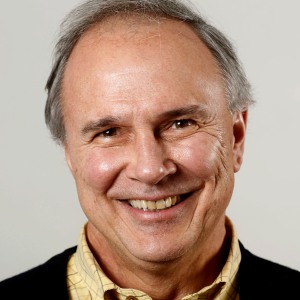 Kenyon: What makes Dartmouth different?
Kenyon: What makes Dartmouth different?
 Publisher’s note: Valley News launches updated online app
Publisher’s note: Valley News launches updated online app
Sports

Local Roundup: Hartford players reach career marks in girls lacrosse
Editor’s note: To have your team’s results included in the Local Roundup, visit https://www.vnews.com/submit-a-score.Girls Lacrosse Hartford 13, Rice 8 Key players: Hartford — Audrey Rupp (5 goals, 1 assist); Madi Barwood (4 goals, 1 assist); Izzy...
 Oxbow softball at dynastic, dominant best
Oxbow softball at dynastic, dominant best
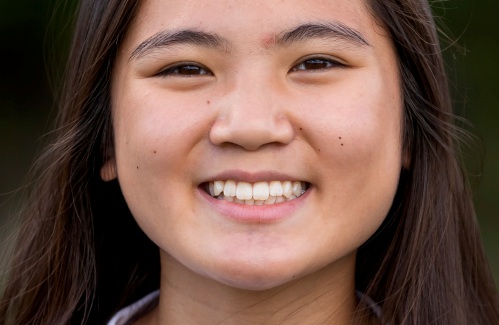 Local Roundup: Hanover, Lebanon girls tennis teams are undefeated
Local Roundup: Hanover, Lebanon girls tennis teams are undefeated
 Local Roundup: Lebanon wins big over Bow in boys tennis
Local Roundup: Lebanon wins big over Bow in boys tennis
Opinion

Editorial: Chris Sununu’s moral vacuum
New Hampshire Gov. Chris Sununu’s conversion from “Never Trump” to “Ever Trump” occurred not on the road to Damascus but on the Republican Party’s road to perdition.On ABC News last Sunday, Sununu affirmed his intention to support Donald Trump for...
 Editorial: Gambling tarnishes America’s sporting life
Editorial: Gambling tarnishes America’s sporting life
 By the Way: A white nationalist’s many mistruths
By the Way: A white nationalist’s many mistruths
 Column: The age-old question of what to read
Column: The age-old question of what to read
 Editorial: Transparency wins in NH Supreme Court ruling
Editorial: Transparency wins in NH Supreme Court ruling

Photos

In the garden
Sandy Gourley, 76, walks her Lebanon yard, looking at the trees, rocks and sprouting spring flowers. Gourley said she looks forward to working on her landscaping projects, but some recent health problems have slowed her down. “This is what I like to...
 Spring cleanup in Lebanon
Spring cleanup in Lebanon
 Drawn to dragons
Drawn to dragons
 Clear and free in Hartford
Clear and free in Hartford
 Ramping up their foraging
Ramping up their foraging
Arts & Life

Bald eagles are back, but great blue herons paid the price
After years of absence, the most patriotic bird in the sky returned to Vermont — but it might’ve come at another’s expense.Vermont finally took the bald eagle off of its endangered species list in 2022 following years of reintroduction efforts...
 JAG Productions announces closure, citing ‘crisis facing the arts’
JAG Productions announces closure, citing ‘crisis facing the arts’
 How a hurricane and a cardinal launched a UVM professor on a new career path
How a hurricane and a cardinal launched a UVM professor on a new career path
Obituaries
 Virginia Champney
Virginia Champney
Charlestown, NH - Virginia R. Champney, age 92, passed Saturday, March 2, 2024. A graveside service will be held at 3:00pm on May 18, 2024 at the Oakland Cemetery in Springfield, VT. ... remainder of obit for Virginia Champney
 Phyllis Bulmer
Phyllis Bulmer
Ashland, OR - Phyllis Bulmer passed away at home on April 13th, 2024, in Ashland, Oregon at age 93. She lived with her husband Jim in Bridgewater, Vermont for 28 wonderful years at their beloved home Uppermowing. In 2020 they moved to M... remainder of obit for Phyllis Bulmer
 Andre' Dufresne
Andre' Dufresne
Claremont, NH - Andre' Dufresne, age 77, passed Saturday, March 9, 2024. Saturday, May 18th from noon to 2 PM at the American Legion Post #29 in Claremont, NH. A luncheon will be provided. A Funeral Mass will be held on Saturday, J... remainder of obit for Andre' Dufresne
 William Nelson
William Nelson
Springfield, VT - The Reverend William E. Nelson, age 79, passed Wednesday, November 15, 2023. A Memorial Service will be held at 1:30pm on May 19, 2024 at the Davis Memorial Chapel in Springfield, VT ... remainder of obit for William Nelson

 Editorial: Response to campus protests only adds fuel to the fire
Editorial: Response to campus protests only adds fuel to the fire
 New Hampshire jury finds state liable for abuse at youth detention center and awards victim $38 million
New Hampshire jury finds state liable for abuse at youth detention center and awards victim $38 million

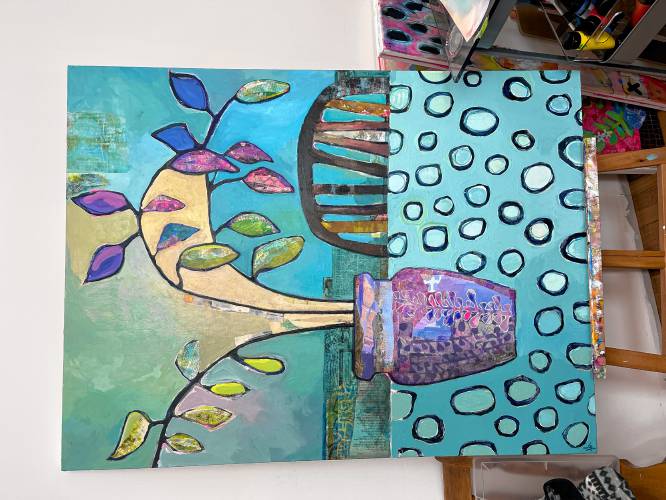 Out & About: Newport art center’s exhibition celebrates homes of all varieties
Out & About: Newport art center’s exhibition celebrates homes of all varieties
